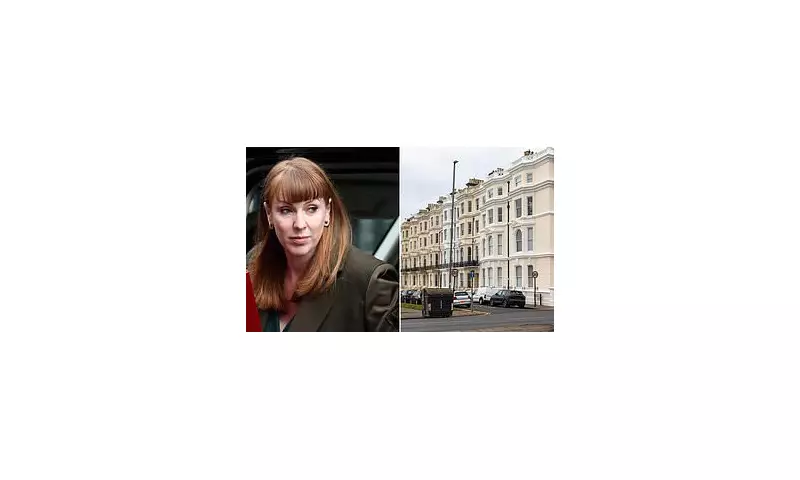
Labour's Deputy Leader, Angela Rayner, finds herself at the centre of a growing property controversy following her acquisition of an £800,000 luxury seaside-style home in Lowton, Greater Manchester. The purchase has ignited serious questions regarding the financial arrangements behind the transaction and potential tax obligations.
The substantial detached property, featuring a sprawling garden and premium finishes, represents a significant step up from her previous council house background. Neighbours have described the new build as belonging to the "premium end" of the development, raising eyebrows about how the prominent politician amassed the necessary funds for both the purchase and subsequent extensive renovations.
Financial Scrutiny Intensifies
Documents reveal Rayner and her husband purchased the property using a hefty deposit, the origins of which remain unclear. Property experts have suggested that the transaction could trigger substantial Capital Gains Tax liabilities if proper procedures weren't followed regarding the sale of her previous residence.
Rayner, who has frequently spoken about her humble beginnings and council estate roots, now faces awkward questions about how she accumulated the wealth required for such a substantial property investment while serving as an MP on a standard parliamentary salary.
Political Implications
The timing proves particularly sensitive for the Labour Party, which has positioned itself as championing economic equality and scrutinizing wealth accumulation among political elites. Critics argue the situation undermines Rayner's credibility as a representative of working-class interests.
Despite mounting pressure, Rayner has yet to provide detailed explanations about the source of funds for the property purchase or address potential tax considerations. The silence has only fueled further speculation and demands for transparency from political opponents and transparency campaigners alike.
As Labour maintains a strong lead in opinion polls, this property controversy threatens to become a persistent distraction, potentially undermining the party's moral authority on economic matters and providing ammunition to their political opponents.





